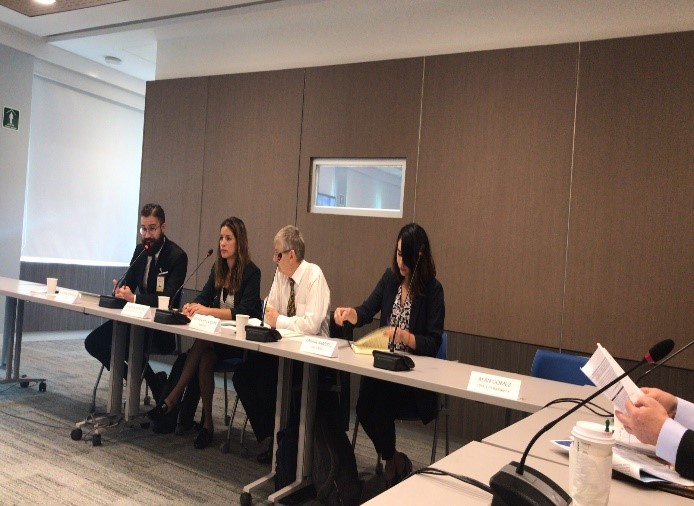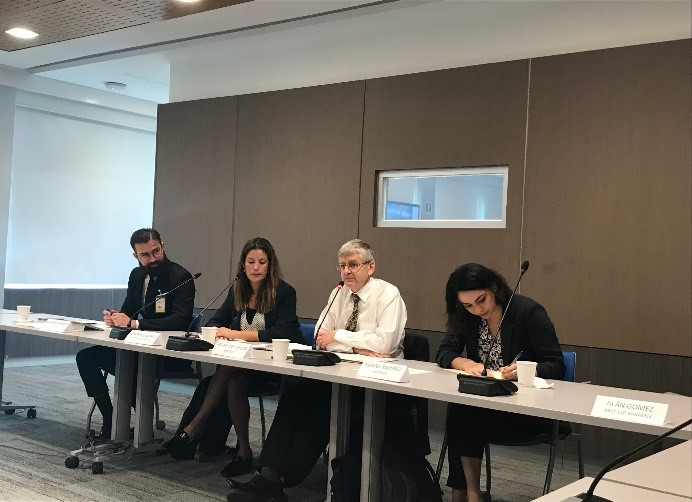What is the role of subnational governments in promoting energy transition processes that strengthen the achievement of climate goals on a global scale? To answer this question, the Ministry of the Environment, Sustainable Development, and Territorial Planning of the Government of the State of Puebla sponsored the Virtual Keynote Speech “Energy Transition and Climate Change in the World: Actions at the Subnational Level”, attended by more than 180 people and several Deutsche Gesellschaft für Internationale Zusammenarbeit (GIZ) GmbH projects, including the Mexico-Germany Energy Alliance, the CONECC project, TrEM, and FELICITY.
The Secretary of the Environment of Puebla, Beatriz Manrique Guevara, and the Director of the GIZ Energy Cluster, Joscha Rosenbusch, gave the welcome messages and highlighted the need to address climate change and the energy transition from a sustainability perspective, with an inclusive, fair, and equitable approach that considers the obvious nexus between climate change policies and their multiple social, economic, and environmental benefits, for subnational governments to take advantage of them.
The guest speaker, Elena Cantos from Germany’s Renewable Energy Agency, presented the experience of federal states in Germany in the rise of renewable energies, the implementation of energy transition processes (Energiewende), and the benefits for sub-national governments; she highlighted the importance of an autonomous and decentralized approach in energy decision-making. Also, she brought pioneering examples of these experiences to the table, such as the case of Saxony: a state that left coal behind by pushing renewables, energy efficiency, and energy storage.
How does this translate into implementation frameworks at a subnational level in Mexico?
The undersecretary of Environmental Management and Energy Sustainability of Puebla, Santiago Creuheras, highlighted the importance of adopting local solutions for local problems, and of partnerships with the private sector and other actors to enhance the local energy transition. Meanwhile, the President of the CMIC Puebla, Héctor Sánchez, reiterated the need to actively collaborate with other actors in the implementation of these processes.
Secretary Manrique concluded by emphasizing the need to transfer good practices from the German experience in the energy transition to the case of Puebla and other states in Mexico. Joscha Rosenbusch referred to specific examples of the skilled support and strengthening provided by GIZ in the energy and climate change field on issues such as facilitating subnational dialogue between Mexico and Germany, community energy, low-carbon development, co-benefits of sustainable energy, innovation, and entrepreneurship, among others.
The event allows us to reflect on the potential role of subnational governments in promoting energy transition processes that are relevant to strengthening local climate action. Furthermore, it envisions the process of “post-pandemic recovery” as an opportunity to provide the construction of a “new normal” with a social and green perspective, beyond a perspective of “making up for lost time”.


